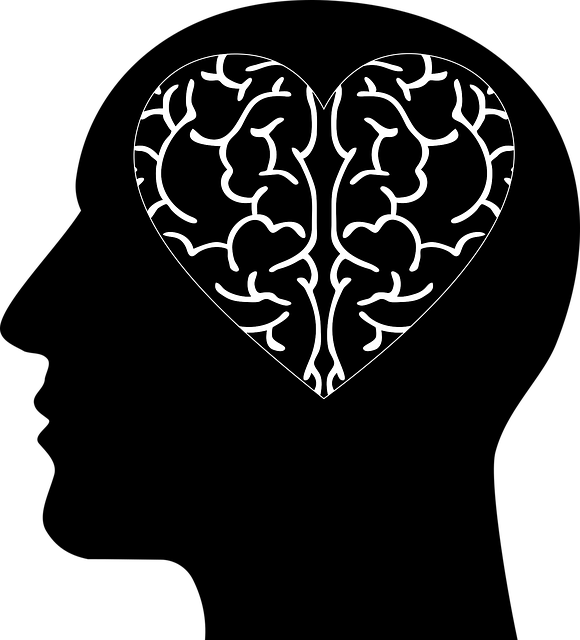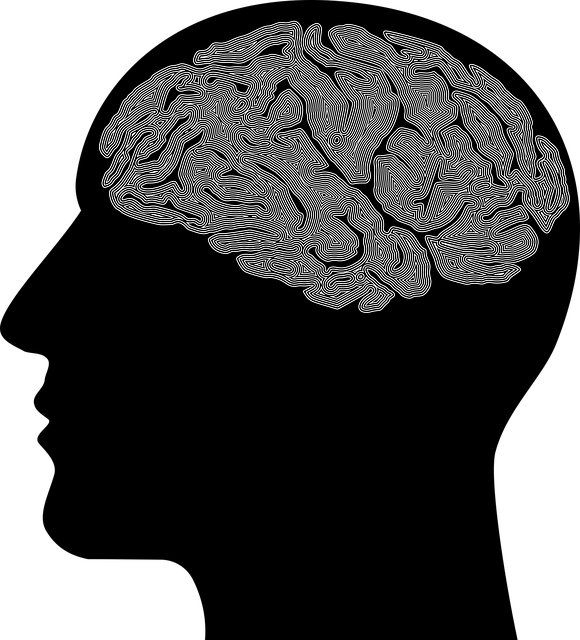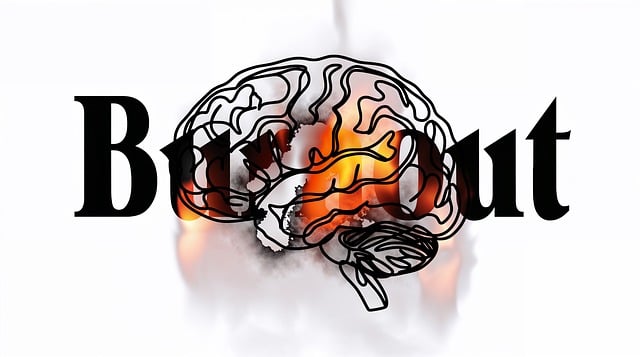French-speaking elderly individuals often face unique challenges accessing trauma support due to cultural barriers. Tailored therapy services addressing their specific needs, including proficiency in French and cultural sensitivity, are crucial. Techniques like CBT and EMDR have shown effectiveness in treating anxiety disorders and complex trauma. Specialized programs catering to this community, along with resources like hotlines and local clinics, play a vital role in promoting mental health and healing for French-speaking elders.
Trauma support services are crucial in addressing the unique challenges faced by French-speaking elderly individuals. This article explores specific considerations in providing effective therapy for this vulnerable population, delving into their distinct cultural and linguistic needs. We navigate the landscape of available approaches, offering a comprehensive guide to accessing and delivering support services tailored to French-speaking elders. By understanding their experiences, we can enhance care and promote healing.
- Understanding French-Speaking Elderly Trauma: Unique Challenges and Needs
- Effective Therapy Approaches for This Specific Population
- Accessing and Providing Support Services: A Comprehensive Guide
Understanding French-Speaking Elderly Trauma: Unique Challenges and Needs

Understanding trauma among French-speaking elderly individuals presents a unique set of challenges and requires tailored support services. Many older adults who speak French as their first language may face cultural barriers when seeking therapy, particularly in regions where French is not widely spoken or understood. This can create a sense of isolation and make it harder for them to access the help they need. For these individuals, finding therapists who are proficient in French and culturally sensitive is essential for effective trauma support services.
The specific needs of French-speaking elders include accessible communication, an understanding of their cultural context, and tailored mood management and stress reduction methods. Trauma Support Services that cater to this demographic can significantly improve their mental health outcomes. By offering therapy for elders French speaking, specialized programs can address the unique challenges these individuals face, ensuring they receive the compassionate care they deserve.
Effective Therapy Approaches for This Specific Population

Effective therapy approaches for French-speaking elders experiencing trauma require a nuanced understanding of their cultural background and specific needs. Cognitive Behavioral Therapy (CBT) has proven successful in treating anxiety disorders, common among trauma survivors, by helping individuals identify and challenge negative thought patterns and behaviors. This approach encourages positive thinking and emotional regulation strategies tailored to the individual’s experiences.
Additionally, Eye Movement Desensitization and Reprocessing (EMDR) therapy is a highly effective method for addressing complex trauma. By focusing on the connection between distressing memories and sensory inputs, EMDR facilitates the brain’s natural healing process. As public awareness campaigns development continues to shed light on trauma and mental health, specialized services catering to French-speaking elders can play a crucial role in promoting resilience and overall well-being within this community.
Accessing and Providing Support Services: A Comprehensive Guide

Accessing support services for trauma, especially for French-speaking elders, can be a crucial step in healing and recovery. Many resources are available to cater to this specific demographic, ensuring they receive the care they need in their preferred language. One of the first steps is to recognize when an individual requires assistance; signs such as persistent sadness, changes in appetite or sleep patterns, and feelings of isolation may indicate underlying issues, including depression prevention strategies.
French-speaking communities can seek out specialized therapy services tailored to their cultural needs. Local community centers, hospitals, and mental health clinics often offer programs with multilingual staff, providing a safe space for open dialogue. Self-care practices are also integral to trauma support; encouraging activities like meditation, art therapy, or social gatherings can aid in coping mechanisms. For immediate crisis intervention guidance, hotlines staffed by trained professionals are available 24/7, offering confidential support and direction to those in distress.
In addressing trauma support for French-speaking elderly individuals, understanding their unique cultural and linguistic needs is paramount. The article has explored these challenges, highlighting the effectiveness of tailored therapy approaches. By implementing comprehensive access strategies, as outlined in this guide, we can ensure that French-speaking elders receive the vital care they deserve, ultimately fostering healing and improved quality of life. Effective therapy for elders speaking French remains a cornerstone in meeting their specific trauma support requirements.














